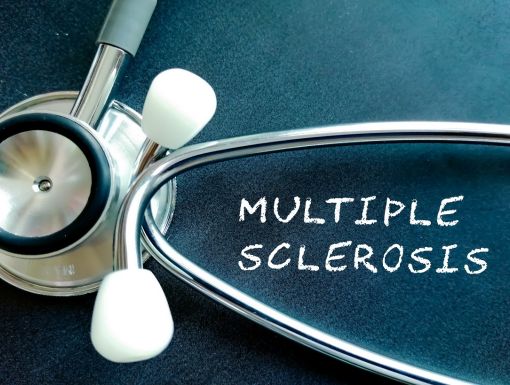
What Are Symptoms of MS?
Often mentioned but not fully understood by the public is the condition of multiple sclerosis (MS)—an unpredictable, often disabling disease of the central nervous system that disrupts the flow of information within the brain, and between the brain and body.
March is National Multiple Sclerosis Awareness Month and is a timely opportunity to raise awareness about this disease.
A new study published in the February 2019 online issue of Neurology®, the medical journal of the American Academy of Neurology, has confirmed that nearly 1 million people are living with MS in the U.S., more than twice the previously reported number.
What causes MS?
The cause of MS is unknown, but scientists believe the disease is triggered by an unidentified environmental factor in a person who is genetically predisposed to respond. Most people with MS are diagnosed between the ages of 20 and 50, with two to three times more women than men being diagnosed.
How is MS diagnosed?
Diagnosis of MS can be challenging. In its early stages, symptoms may be non-specific and can suggest several other disorders of the nervous system. They may come and go and be ignored.
Because MS symptoms can be unpredictable, vary in type and severity and can affect many different functions of the central nervous system, early diagnosis is important.
How is MS treated?
Early diagnosis is important because there are FDA-approved medications that have been shown to modify the course of MS by reducing the frequency of relapses and preventing the development of disability to some degree. The sooner a person can begin treatment, the better. The goal is simple: to prevent damage to the brain and spinal cord in people living with MS and to prevent disability.
In addition to MS medication, new research shows that a healthy lifestyle can also influence the disease course. Regular exercise, adequate sleep, a heart-healthy diet and vitamin D supplementation all have been shown to improve the lives of people living with MS.
What are the symptoms of MS?
Because MS affects the central nervous system, it can lead to a variety of different symptoms. Below are some more common symptoms of MS:
- Fatigue
- Walking/gait difficulties
- Numbness/tingling
- Spasticity (stiffness and involuntary muscle spasms)
- Weakness
- Vision problems
- Dizziness and vertigo
- Bladder problems
- Sexual problems
- Bowel problems
- Pain
- Cognitive changes (trouble learning or remembering information; organize or problem solve)
- Emotional changes
- Depression
Most of the above symptoms can be managed with medication, rehabilitation and other management strategies by a comprehensive healthcare team.
Learn more about multiple sclerosis treatment at Ochsner.



